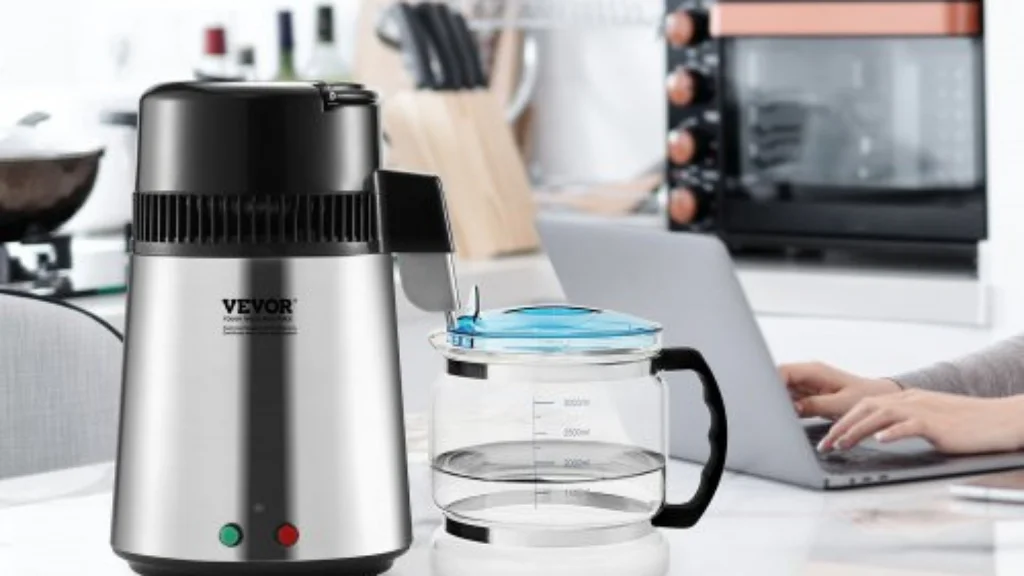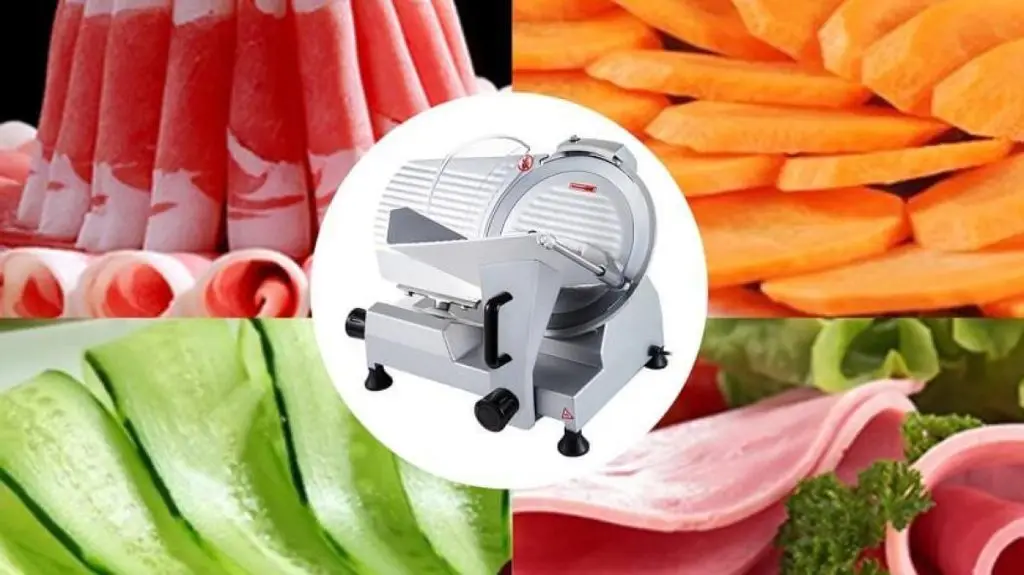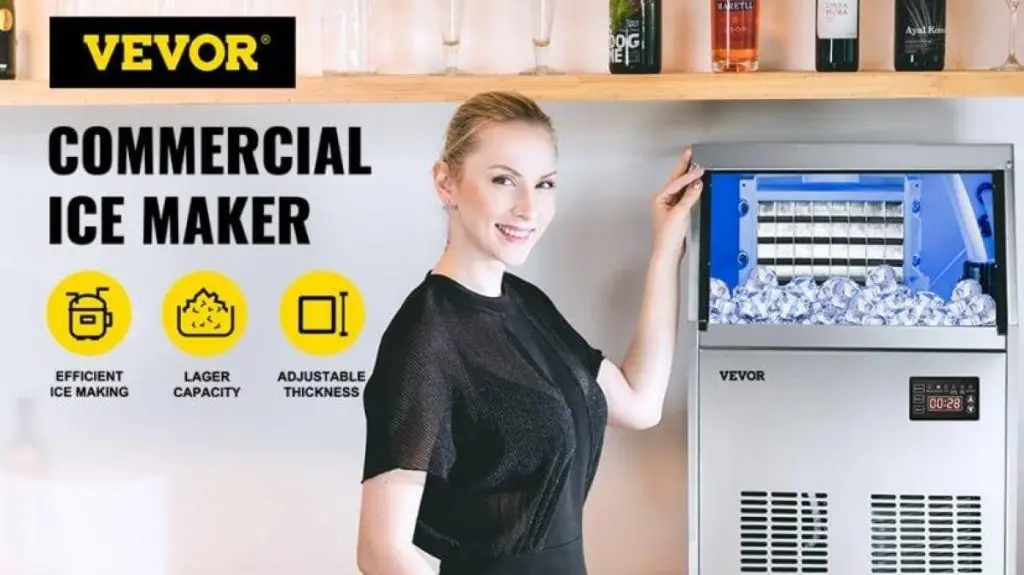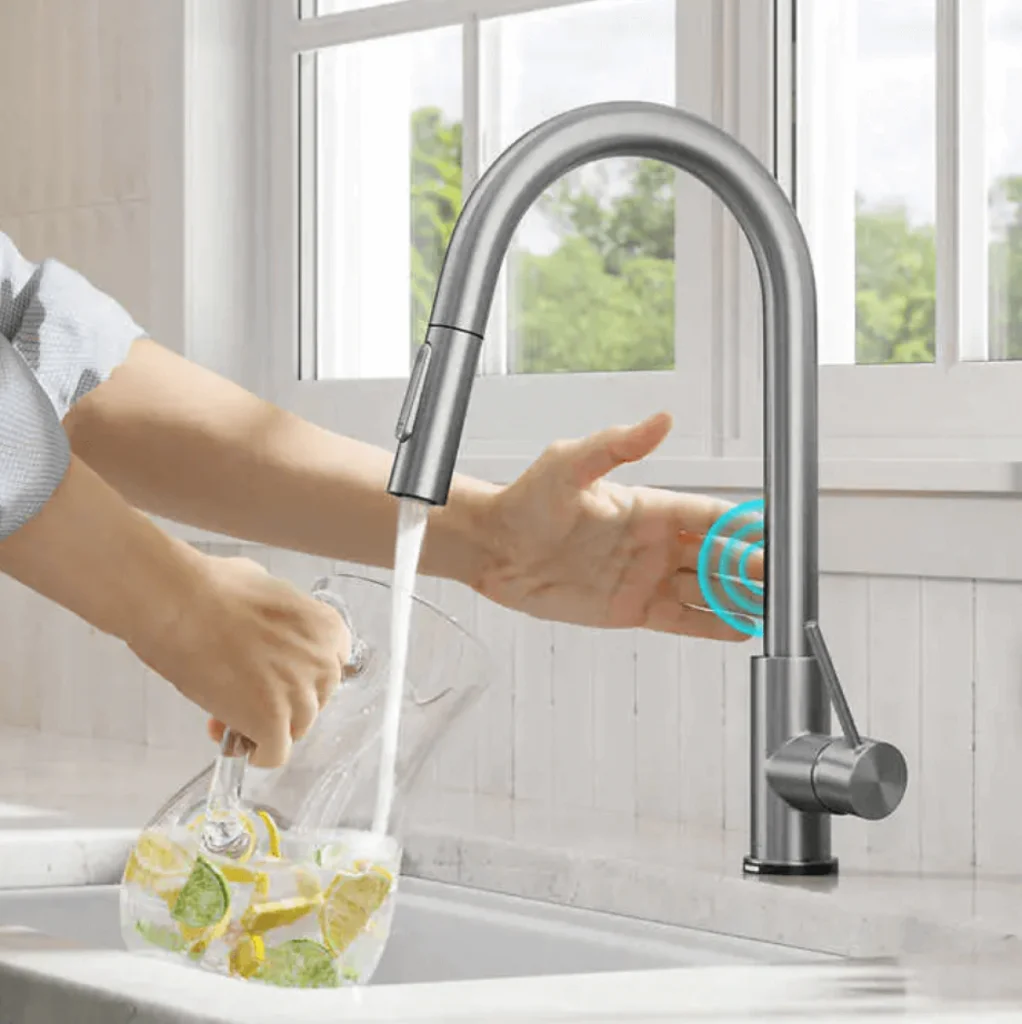Hepatitis, cholera, or typhoid are potentially dangerous diseases. They cause immediate death. Do you know why and how they spread? It is due to contaminated water. Drink pure water and be healthy.
The water distiller is a crucial tool that filters out bacteria and produces clean water. Say goodbye to all the water-borne diseases. At the same time, it is 100% essential to know: what is a water distiller, and how does it work? If you are here for all the answers, great! We will dig through the water distillation and help you grasp the process.
Table of contents
Part 1: Water Distiller Definition
What is a water distiller?
A water distiller is a tool that replicates the natural water filtration methods and gets you purified water at home. It stamps out the toxic contaminants in the water and delivers the best quality water with a fresh taste.
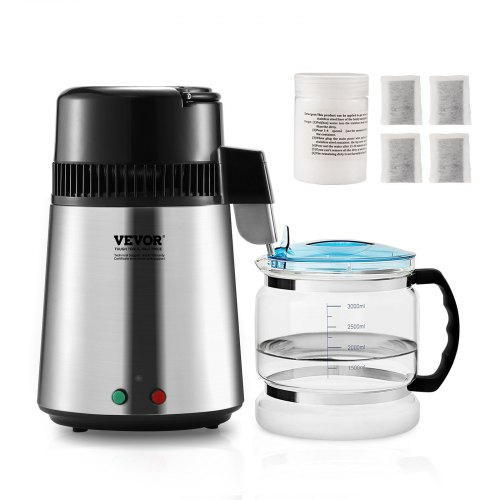
How does a water distiller work?
You might wonder how exactly a water distiller tool turns on its purification magic. It comprises a bunch of techniques. These are:
- Step 1: Water Heating. You have to pour the water into the heating container and heat your water.
- Step 2: Evaporation. Water heating produces steam that passes through the pipes to the condensation chamber. Activated carbon filters remove any vapors of other toxins.
- Step 3: Condensation. It condenses and evaporates into the liquid water.
In the whole process, toxic metals remain in the water heating chamber. You must clean it up and maintain your water distiller for extended periods.
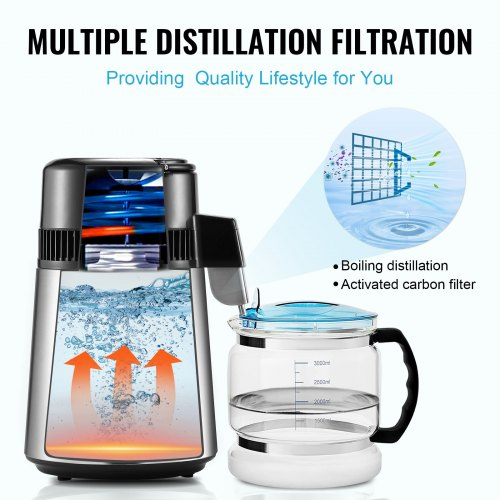
What does a water distiller do?
Water distiller aims at the water purification process. You get clean water that is safe for your health. It serves from domestic to commercial scale water treatment quite efficiently. But make sure you have the right tool with the required capacity.
Types of water distiller
There are multiple types of a water distiller.
- Automatic. It drains water directly from the water tub through the pipes. The automatic distiller is fast and effective.
- Manual. You have to refill the water heating chamber manually—a time-consuming process.
- Plumbing. Home water filtration processes deploy this type of water filter. They fit it into their plumbing systems.
- Household. Usually, it is found in the kitchens. You can directly distill water and use it for food preparation.
- Commercial. These are often high-capacity distillers found at business locations and hotels.
Part 2: Pros and Cons Of Using A Water Distiller
Sometimes, 1.1 Gallon water distillers are the top choices. But it does not always happen because you might have contradictory goals. First, understand why and why not you should choose a water distiller.
Pro
- Easy to use: If you are afraid of complex distillation progress, forget it. Water distillers need an electrical supply and water. You let them do their purification job and get your water quickly. Even a beginner can operate water distillers safely.
- Guaranteed water purity: Water distillers with activated carbon filters do the witchcraft of eliminating heavy metals, bacteria, and viruses. No microbes mean a healthy lifestyle without risks of infection.
- Easy to transport: Don’t worry about their transport as well. Carry them to your outdoor picnic party to amp up your experience. Distillers are lightweight and portable.
- Various applications: Don’t restrict yourself to water cleaning. Instead, prepare your baby formula milk with distilled water. Or turn up your head to window cleaning with distilled water.
- Durable option: Most often, distillers have a high-quality stainless steel body. It ensures a rust-free solution. Plus, there are no more risks of damage. You can run your water distiller for up to 10 years, all thanks to the resilient steel!
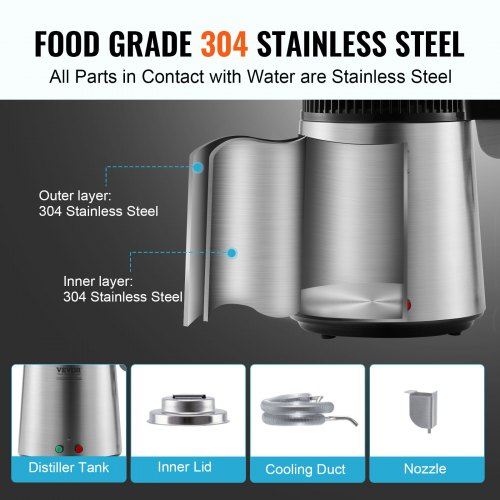
- Return on Investment: Water distillers might be expensive, but they are a one-time purchase. Looking at its long-term usage gets you more than what you invested. It even makes your commercial cleaning profitable.
Cons
- Water tastes flat: Do you know why water tastes good? It is the minerals and chemicals that add the flavor. Since the water distiller wipes them out, the water might taste flat. Moreover, low oxygen can be a cause for bland taste.
- Need electrical energy to operate: Get ready to empty your pockets when the distiller is installed in your kitchens. It consumes much energy, depending on 800 watts or above power distillers. You get raised energy bills.
- The production rate is relatively sluggish: The water purification rate is sometimes slow when you buy a low-power water distiller with a lower flow rate. It takes many hours to produce one gallon of water— a big problem, right?
Part 3: Applications of Distilled Water
Distilled water has diverse applications apart from drinking purposes.
- Car batteries and radiators: Lead-acid batteries use the water as a conductor for the flow of current. It helps in the ideal storage of energy. But, contaminated water can quickly deteriorate the battery efficiency and cause corrosion. Luckily, it is not going to happen with the distilled water. It provides only hydrogen and water, no heavy metals or chemicals, ensuring long life.
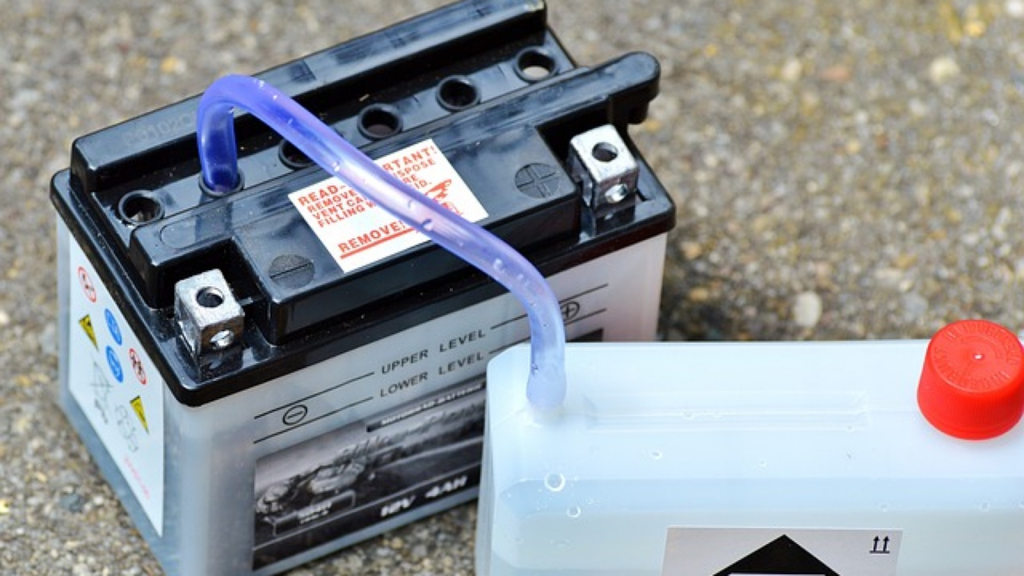
- CPAP machines and humidifiers: CPAP machines help patients suffering from sleep apnea or lung disease. In emergency cases, it gives a new life, too. However, using contaminated water exacerbates the situation and causes infections. Distilled water pulls the plug on infections and keeps patients healthy.
- Home use and appliance: Distilled water has its extended use in household applications. For example, you use the distilled water in iron to prevent it from rust. Aquariums in homes need distilled water to bestow healthy life to fishes. The use of distilled water for cooking purposes is no hidden fact.
- Neti Pots: Neti pots are worth their weight in gold for the nasal clogs. Distilled water helps the safe cleaning of blocked nasal passages and nourishes a faster recovery of the patients.
- Medical and Scientific Industry: In the medical industry, surgeons need clean water for surgery. They rinse the body’s organs with contaminant-free water like distilled. Moreover, unmatched purity in the operation theater is necessary. Distilled waters are a million-dollar deal for the medical industry.

Part 4: How To Clean A Water Distiller?
Cleaning your water distiller ensures a long-lasting experience. It is simple to do:
Step 1: Remove Lid
Does your distiller come with a detachable lid? If yes, remove the lid. Make a solution of ¼ white vinegar, lemon, and sulfamic. Add warm water to it.
Step 2: Submerge In Water
Sink your lid into the solution and let it remain for a few hours. You can clean it manually with a soaked cloth and rub it all around the lid. Check if it is 100% clean now!
Step 3: Input ½ vinegar and ½ water
Now, put the ½ water and ½ vinegar solution into the boiling chamber and heat it slightly. Ensure you have enough water to remove all the scales in your boiling chamber.
Step 4: Leave it for many hours
It is showtime for the vinegar solution! Leave the boiling chamber filled with solutions for at least 12 hours. Check if there are any scales left behind in the chamber. You can gently stir the boiling chamber for quick removal.
Step 5: Empty Distiller
After 12 hours, pour vinegar solutions into your drains and fill it again with the warm. Now, warm it slowly and clean the boiling chamber with a cloth. Do it multiple times until all the impurities and scales leave your boiling chamber.
Step 6: Clean and Dry
Once your VEVOR 4L water distiller glow like new, give them some time to dry. Don’t plug it until it is 100% dry; otherwise, all efforts go in vain.
Part 5: Frequently Asked Questions About Water Distillers
Does a water distiller remove all contaminants?
No, you can’t expect 100% removal of all the particles. It maximizes the removal, but some contaminants are still left out. However, it is safe because the significant toxic chemicals are wiped out.
Can you drink 100% distilled water?
Yes. It is safe for your health and gives an excellent taste for your taste buds. There are no contaminants, either. You can rely on the distilled water supply.
Is boiled water the same as distilled water?
No, boiled water kills living organisms and microbes such as bacteria. It does not filter out chemicals or metal as the water distiller does.
Why should you drink distilled water?
Distilled water provides amenities to live a healthy life. For example, you keep infection miles away. It reduces the risks of cancers due to heavy metals. There are no more respiratory issues when there are no contaminants. Also, you are safe from cardiac problems.
End note
Look for the best water distiller that is a good investment. Buy from reputed brands like VEVOR and check whether it is durable.
Moreover, storing the distiller is as vital as understanding its mechanisms. Keep your distillers dry all the time. Plug in only when you want to use it. That is how you’ll guarantee the long life of your water distillers.

